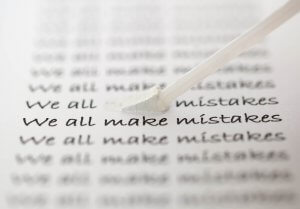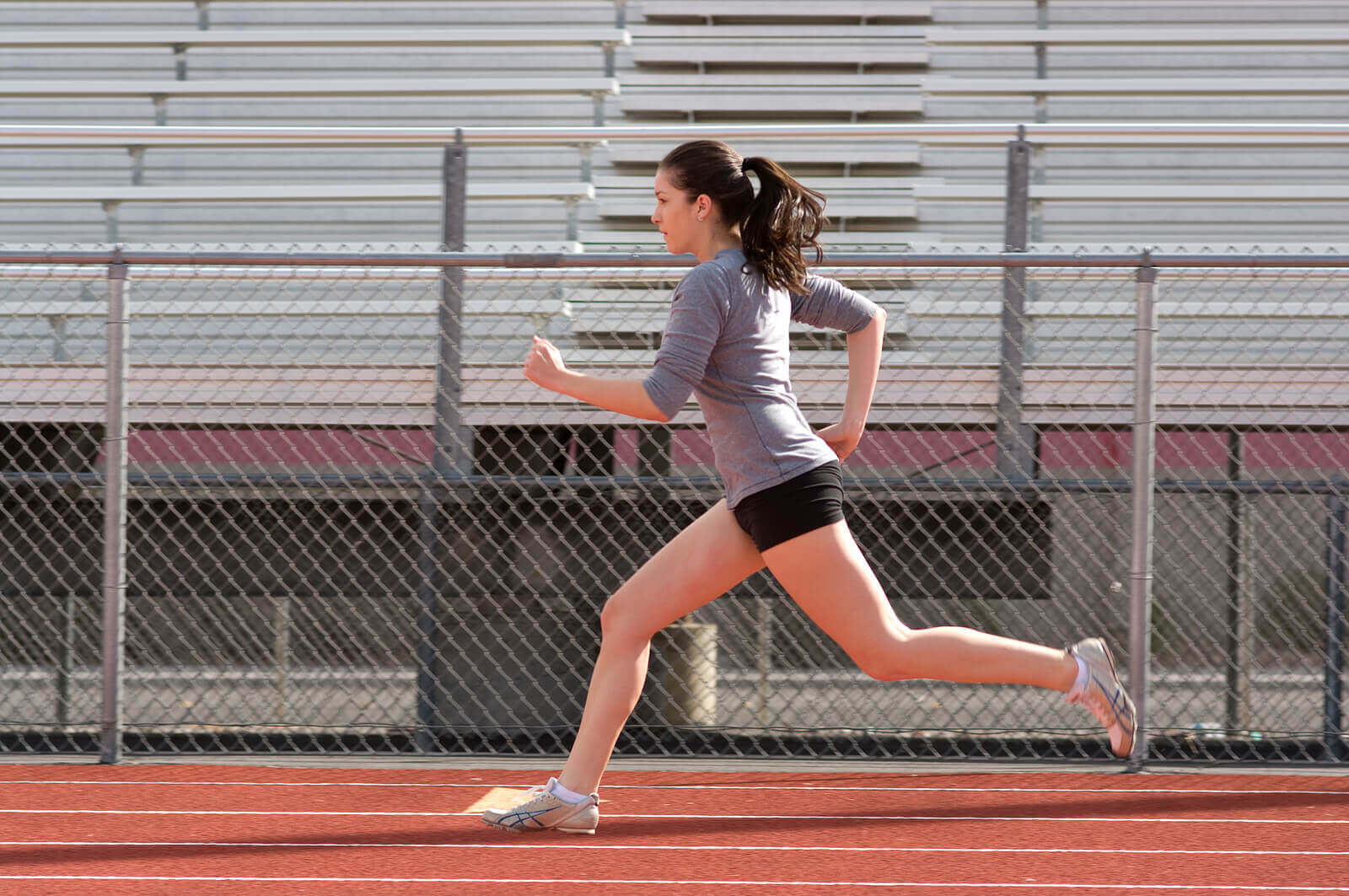In the world of sports, where precision, strategy, and performance reign supreme, it feels like making mistakes is not an option, whatsoever. Athletes, with their relentless pursuit of excellence, may struggle with the idea of errors. They find this unsettling, fearing that one misstep could cost them a game, a starting position, or even a spot on the team. However, it’s crucial to recognize that making mistakes is an inherent part of the human experience, and understanding how to navigate them can be a game-changer in a teen athlete’s journey.
The Universality of Mistakes

Learning Opportunities
Rather than viewing mistakes as setbacks, athletes can reframe them as learning opportunities. Each error presents a chance to analyze, adapt, and improve. Many successful athletes attribute a significant portion of their growth and success to the lessons learned from their mistakes. Embracing a mindset that views errors as stepping stones toward improvement can transform the way athletes approach challenges.
Resilience Building
The ability to bounce back from mistakes is a hallmark of resilience, a quality that distinguishes exceptional athletes. Instead of dwelling on errors, athletes can channel their energy into understanding what went wrong and how to rectify it. Sometimes when we do not address or move forward from the error, we can get stuck, freeze, or continue to make a similar mistake. This enforces the negative self-talk cycle that sometimes comes up when we do not feel good enough or can’t bounce back. Resilience involves adapting to setbacks, maintaining focus, and coming back stronger, armed with newfound knowledge and determination.
Psychological Resilience
Mistakes not only test physical abilities but also challenge an athlete’s psychological resilience. Coping with the pressure to perform, the fear of letting teammates down, or the disappointment of a personal error requires mental fortitude. Developing strategies for maintaining composure, staying focused, and rebounding from mistakes is as crucial as refining physical skills.
Team Dynamics

Why Are Athletes So Hard On Themselves?
Making mistakes as an athlete is not a sign of weakness, but rather a part of becoming the athlete we continuously strive to be. It is a piece of the role and the nature of our sports. Embracing errors as opportunities for growth, learning, and resilience can transform the athlete’s journey and change our outlook on the overall game. By reframing mistakes as stepping stones toward improvement, athletes can navigate the ups and downs of their careers with a positive mindset, ultimately reaching new heights in their performance and personal development. Remember, the path to success is often paved with the lessons learned from the mistakes we make along the way.
What Is The Best Therapy For Perfectionism?
Therapy can be highly effective in addressing perfectionism in athletes, which often stems from deep-rooted beliefs about self-worth, fear of failure, and the need for control.
Cognitive Behavioral Therapy (CBT) and mindfulness-based approaches are highly effective in addressing perfectionism by helping athletes change unhelpful thought patterns and develop greater self-compassion. CBT focuses on identifying and challenging cognitive distortions, such as all-or-nothing thinking, and encourages setting realistic, achievable goals. Behavioral experiments within CBT help athletes gradually embrace imperfection, reducing the anxiety tied to perfectionistic standards.

Start Therapy for Teens In Branchburg, NJ or Scotch Plains, NJ For Your Athlete
If your teen is an athlete and needs support in coping with mistakes, our team of teen counselors in Branchburg and Scotch Plains, NJ would be happy to offer in-person and remote support. Online therapy for teens can help from anywhere in New Jersey. Our therapy practice is here to support you and your teen. Start by following these steps.
- Reach out to us to talk with a teen counselor.
- Make your first counseling for teens appointment at Brave Minds Psychological Services.
- Help your teen cope with mistakes in healthy ways!
Other Services Offered Offered Brave Minds Psychological Services
Online therapy for teens isn’t the only service that we offer at Brave Minds Psychological Services. For adults, we provide trauma therapy, food allergy therapy, and couples counseling. Additionally, we have postpartum counseling and birth trauma therapy. We offer teen anxiety treatment, social phobia therapy for teens, child sexual abuse therapy, child anxiety treatment, and more. Our services are offered in person at our Scotch Plains, NJ office and through online therapy in New Jersey


